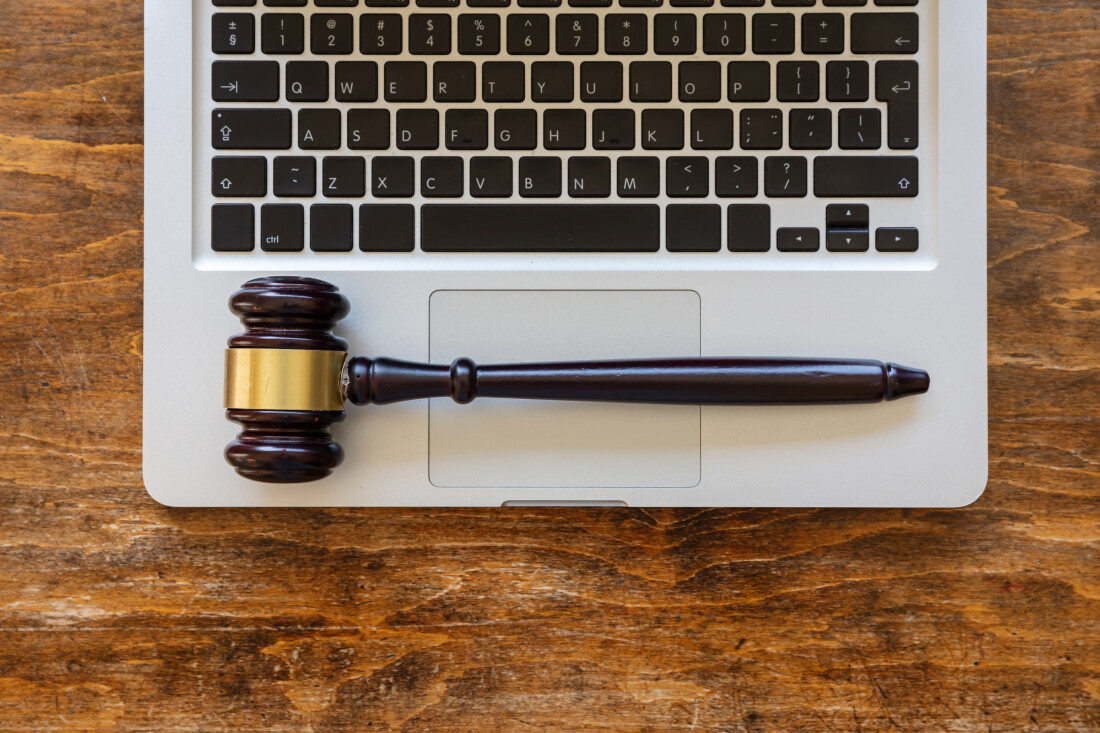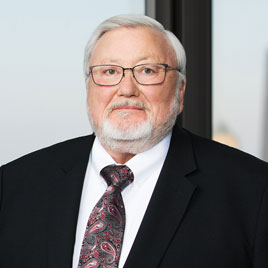
F. Authorization for remote proceedings under Illinois Supreme Court Rules 45 and 2421 is temporarily expanded to include remote jury selection for civil trials.
G. Remote jury selection in a given case requires the consent of all parties, unless the judge finds, after weighing the factors of public safety and the parties’ rights to access justice, that the case presents a compelling circumstance to proceed with remote jury selection absent parties consent
I. Nothing in this order limits the authority of circuits to adopt measures to protect health and safety that are more restrictive than this order as circumstances warrant. Circuits are encouraged to move toward conducting as much court business as can be done consistent with public health and safety, in the interest of the fair and timely administration of justice.
This order requires you to become familiar with the Task Force Guidelines referred to in the order. Some of the more operative sections are as follows:
I. Background and Task
The Task Force provides these guidelines on how Illinois trial courts can implement a video jury selection process (herein “remote jury selection “) in civil trials considering the diversity of practices and available technology of the State’s various circuits. The Task Force makes no recommendation with regards to conducting any portion of a civil trial remotely and assumes that remotely selected jurors will serve the remainder of the trial in-person, unless both sides consent to a fully remote jury trial. (emphasis added) …
An attorney poll conducted in June 2020 by one Illinois circuit was not in favor of remote jury selection. However, additional research and data is necessary, and as the pandemic continues to limit traditional jury trials, attorney’s opinions may shift. We will not be able to attain this research or data without at least trying it out on a representative sample of civil cases where selection has been agreed upon.
IV. …Judges and lawyers must quickly become proficient enough with the technology for remote voir dire to move forward smoothly and fairly. The process should begin with those judges and lawyers who are comfortable with using remote platforms for court proceedings and are willing to proceed with remote selection. The Task Force’s consensus is to seek out cases where both parties will consent to remote jury selection and allow the petition for remote jury selection with the court having the ultimate discretion to require remote jury selection in compelling circumstances after weighing the factors of public safety and the parties’ rights to access to justice…
…Circuits or counties interested in broader use of remote jury selection may apply to the Supreme Court for permission to undertake a pilot project in which remote jury selection could be ordered by the judge without the parties’ consent or a compelling circumstance…
a. Technology Issues
Every effort must be made to ensure that the courthouse technology necessary to seamlessly select remote jurors has been tested and can deliver uninterrupted service during the voir dire process. Courts may also find it helpful to assign court personnel who can assist with technical issues or juror misconduct. If a potential juror experiences technical issues, courts, should be prepared to excuse the juror or ask the juror to appear for in person jury selection. Courts should also provide clear instructions to remote jurors if the court begins to experience technical issues…
b. Alternatives
Remote jury selection may not be feasible or appropriate in all circumstances. For potential jurors who do not have access to a device that allows for videoconferencing (the Task Force accepts that jurors will use their own equipment) or reliable internet service or who lack the technical aptitude to videoconference, courts may consider providing free and reliable internet, equipment, and technical support. This can be done either at the courthouse, or in partnership with local entities like government agencies, public libraries, non-profit organizations, and community centers. By providing these points of access, more prospective jurors may have the opportunity to participate in jury selection remotely…
ii. Juror questionnaires
Remotely surveying potential jurors before conducting and kind of jury selection will be key. This will allow the court to determine which jurors should be removed from the jury pool because of COVID-19 related reasons, as mentioned above, and which jurors have the necessary technology and proficiency to participate in remote jury selection. Further, courts may consider using remote questionnaires to narrow the venire by eliminating potential jurors who may be excused for obvious “for cause “reasons.
Courts should make clear their expectations of juror behavior and provide admonishments that are understandable and concise. Juror Admonishments and Rules of Conduct for Remote Jury Selection are appended to the Task Force Report.
Conclusion
The Supreme Courts order contemplates the resumption of civil trials with the aid of Remote Jury Selection. The court order provides that remote jury selection should be done by agreement of the parties but gives the court discretion to use the remote procedure even if the parties do not agree. On the other hand, the Task Force Report that is adopted in the Supreme Court only contemplates remote jury selection by agreement of the parties. This dichotomy may be the basis of opposition to the use of remote jury selection.


